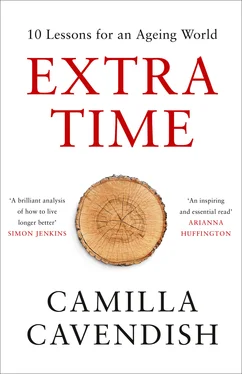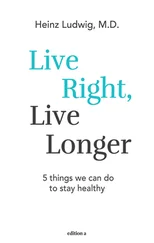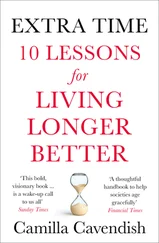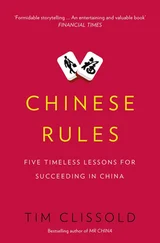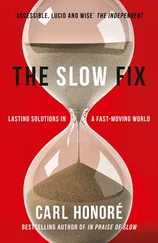That doesn’t mean we won’t get ill. In Chapter 8I meet cold but useful robots in Japan, and warm inspiring nurses in Holland, and I argue for more compassionate health and care systems based on a blend of technology and humanity.
The challenge for CEOs is considerable. The multi-generational workforce is on the way, but it will not be straightforward to manage. Even though jobs are being automated, retiring babyboomers are creating skill shortages. We need a fourth stage of education, to match the fourth industrial revolution. Luckily, pioneers are shrugging off the notion that retirement is good for you, and are starting successful businesses (Chapter 4). Others are creating the kinds of neighbourhoods we will all need, to look after each other (Chapter 7). Still others are harnessing the energy and altruism of older people to do good, whether that is grandmothers in Zimbabwe or hospital volunteers in England (Chapter 9).
Longer lives, and shrinking numbers of young people, are putting pressure on the social contract. How will our societies look after the old, without bankrupting the young? In Chapter 8I propose a new settlement for funding social care, drawing on the examples of Germany and Japan. In Chapter 10I argue that the new divide is not simply between young and old, but between the skilled and the less skilled, at all ages.
One of the greatest blocks to progress is our own prejudice. We need to transform our attitudes, and realise it’s not old age that’s getting longer, it’s middle age. The challenge is urgent. The world is becoming an older one, faster than anyone anticipated. That’s not only because we are living longer, it’s also because of what I call the ‘Death of Birth’, as described in the next chapter.
1
The Death of Birth
Demography tips the balance of power
BY 2020, FOR THE first time in history, there will be more people on the planet over 65 than under 5. 1More grandparents than grandchildren.
Two trends are driving this ageing of the world. First, we are living longer. In the twentieth century, average life expectancy increased by 30 years in most developed countries, because of better nutrition and sanitation, and medical advances. Men currently live longest in Switzerland, with an average life expectancy at birth of 82; women live longest in Japan, to about 87. Australia, Israel, Canada, South Korea and most Western European countries are close behind. The gap between men and women is narrowing, because men who once led rackety lives (drinking and smoking) are cleaning up their act.
The second reason is that the world’s women are turning away from motherhood. In 1964 the average woman had just over 5 children; in 2015 she had only 2.5. 2
There are now 83 countries, home to nearly half the world’s population, with fertility rates below the ‘replacement rate’ – roughly 2.1 births per woman – needed to maintain the population. Australia, New Zealand, Brazil, Chile and almost every country in Europe now has fertility below that level. South Africa and India are moving rapidly towards replacement rate, with birth rates of 2.5 and 2.3 respectively. 3
The changes will alter the shape of countries. Japan’s population is already shrinking. By the middle of this century Italy, Poland, South Korea and Russia will be dwindling too. 4And these shifts could redraw the geopolitical balance of power: between countries on an ageing, shrinking trajectory – notably China – and countries which are sustained by younger, immigrant populations – currently the US.
Africa will provide the young of the future. The populations of 26 African countries are expected to double between 2017 and 2050, adding another 1.3 billion people to that continent. 5
Fewer humans should be good news for the environment, once global population peaks (some time after 2070, though estimates range from 9 to 11 billion). 6But the impact on humans can already be glimpsed. Visit Japan’s Akita Prefecture, where over a third of residents are over 65 and the main growth industry is funeral parlours. 7Or go to Rudong in eastern China, where half the schools have closed in the past 15 years as the younger generation moves away.
Demography is changing not only the landscape, but the very meaning of family. What networks will we rely on, as children become scarce?
The Chinese government has passed an ‘Elderly Rights Law’, threatening to fine children who don’t visit parents often enough. 8But the children are fighting back. ‘What is considered “often”?’ complained one poster on Weibo, the Chinese Twitter. 9‘It’s fine that no one is paying for us to visit our parents, but is there someone who can give us time off to do it?’ asked another, refusing to buy into traditional notions of family.
The best way to visualise what is happening is through the population pyramids used by demographers. In 1950, if you laid out the population of any nation with each age group represented by a bar, the youngest at the bottom and the oldest at the top, it looked like a pyramid, with the young outnumbering the old. That has been the shape throughout recorded history, as this chart for Japan shows:
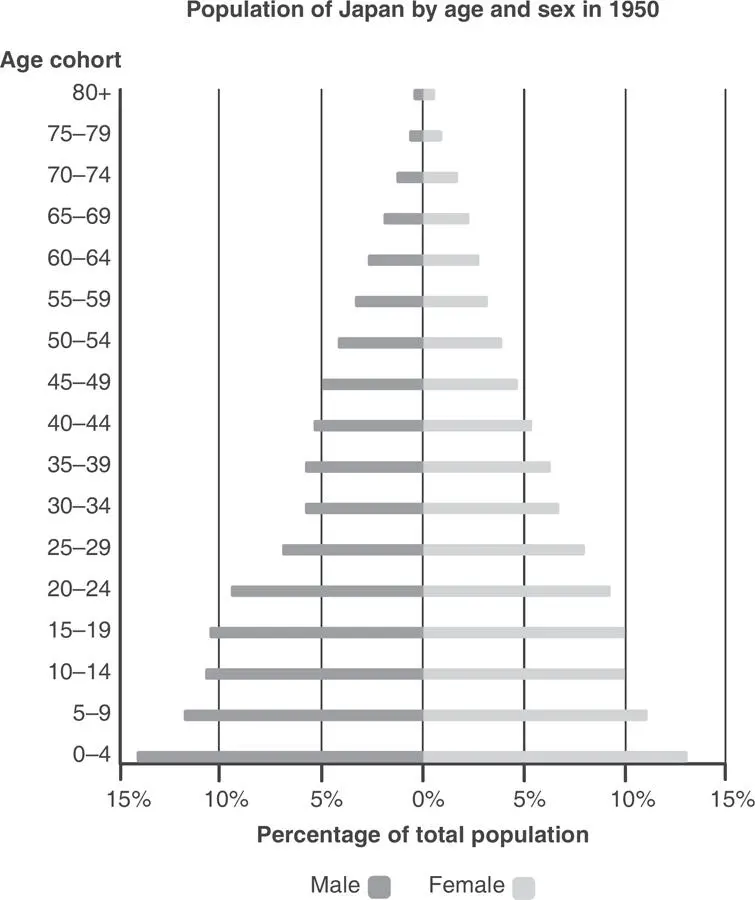
Since then, falling birth rates and longer lifespans have changed the picture dramatically. Japan, the world’s oldest society, has one of the lowest birth rates in the world: 1.4 births per woman. Fifty years ago, life expectancy in Japan was about 72 years. Now it is 84. In 2015, over a quarter of the population was over 65, turning the pyramid into a barrel:
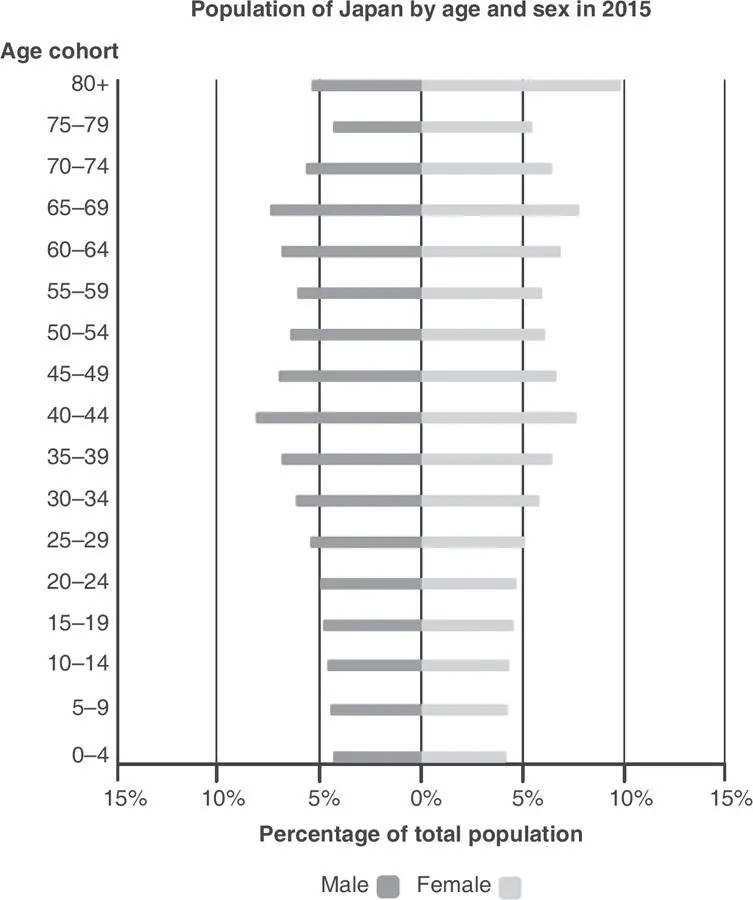
Between now and 2050, longer lifespans will continue to alter the pyramids’ shape. The fastest growing group in the world population will be those aged over 80. In Japan, the pyramid will stretch up and outwards, to look more like a flowerpot:
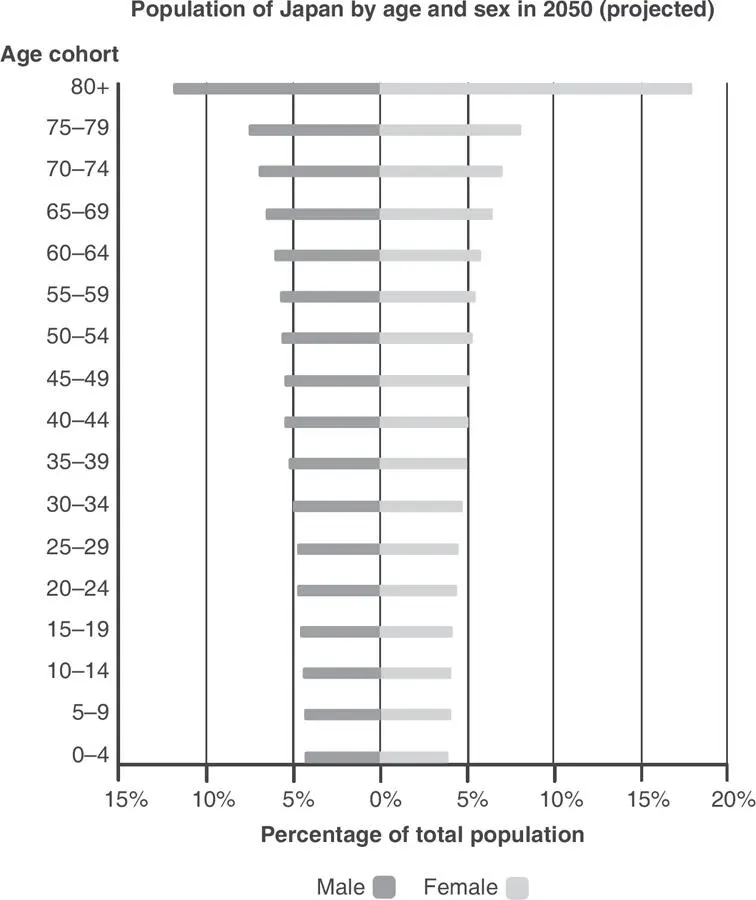
One former health minister has predicted that ‘the Japanese race will become extinct’. The first question is why? Why have millions of individuals simultaneously changed their minds about having children?
Japan: ‘Herbivore Men’ and Career Women
‘Men here don’t want a woman who’s cleverer than them,’ says Keiko, a Japanese executive in her early forties, who is wearing a smart suit and demure heels when we meet in the lobby of the Tokyo Hilton. ‘They worry you might be demanding, that you might be demanding in bed too. And I just think, why bother? Why bother with a guy who’s more interested in his Xbox?’
Something strange is going on in Japan, which now has the world’s highest proportion of old people. In 2013, it was claimed, more nappies were sold for elderly, incontinent people than for babies. 10That ugly benchmark proclaims the raw truth: babies have gone out of fashion.
The roots of this shift, in a society which has traditionally prized family above everything, lie in a feminist revolution: women are shaking off the traditions of dutiful service to husband and household, and challenging men to adapt. ‘I wouldn’t mind a child, if I’m honest,’ said a Japanese student I met in London. ‘But I’m not sure I’d want to put up with a husband.’
‘It’s hard,’ says one Japanese woman in her late thirties, who speaks perfect English and has married a New Zealander. ‘Many of my friends are really serious about their careers. It’s their chance and they’re not going to bother with a man who can’t bring home the bacon.’
Читать дальше
